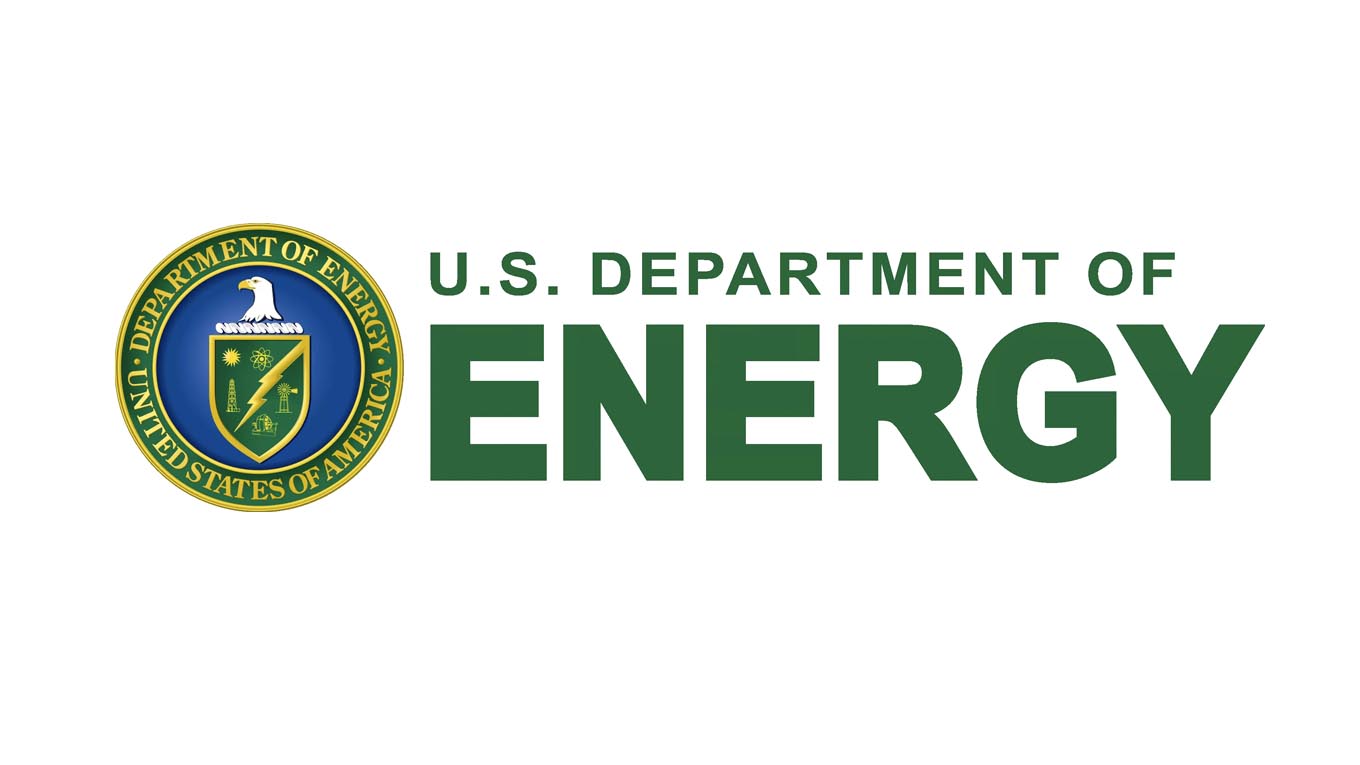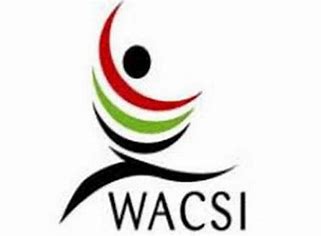
2020 US Department of Energy Science Undergraduate Laboratory Internship (SULI) program
Deadline: January 9, 2020.
The Science Undergraduate Laboratory Internship (SULI) program encourages undergraduate students and recent graduates to pursue science, technology, engineering, and mathematics (STEM) careers by providing research experiences at the Department of Energy (DOE) laboratories. Selected students participate as interns appointed at one of 17 participating DOE laboratories/facilities. They perform research, under the guidance of laboratory staff scientists or engineers, on projects supporting the DOE mission.
The SULI program is sponsored and managed by the DOE Office of Science’s, Office of Workforce Development for Teachers and Scientists (WDTS) in collaboration with the DOE laboratories/facilities.
ELIGIBILITY
- Must be currently enrolled full-time or have recently graduated with an undergraduate degree, as described in the two cases below.
- The applicant must be currently enrolled as a full-time undergraduate student at an accredited institution (including accredited community colleges) and also have completed at least one year as a matriculated undergraduate student at the time of applying. Freshmen are not eligible, and Advanced Placement credits or other undergraduate credits obtained prior to undergraduate enrollment cannot be applied to meet the minimum one-year completion requirement. Full-time enrollment status is determined by the number of hours or courses the school requires for full-time attendance (as defined by the Internal Revenue Service).
- Applicants who have completed or will complete their undergraduate degree prior to starting their internship may apply as a “Recent Graduate.” This includes students who have graduated with an associate’s degree or bachelor’s degree, those who have completed a combined BS/MS program, and those who have completed an undergraduate degree and are now enrolled in a graduate studies program. The time period between receipt of an undergraduate degree and starting the SULI term must be two years or less.
- Must have a cumulative minimum Grade Point Average (GPA) of 3.0 on a 4.0 scale for all completed courses taken as a matriculated student at the applicant’s current (or recently-graduated) institution and at any institutions attended as a matriculated postsecondary student during the 5 years preceding the start of the most recent enrollment. (This does not include college or university courses taken while solely a high school student.)
- Must be 18 years or older at the time the internship begins.
- Must be a United States Citizen or Lawful Permanent Resident at the time of applying.
Proof of U.S. Citizenship or Lawful Permanent Resident (LPR) status will be requested at the time an internship offer is accepted. Acceptable form of proof of U.S. Citizenship includes, but is not limited to, a Certified Birth Certificate, an U.S. State Government Issued Enhanced Driver’s License, U.S. Passport, U.S. Passport Card, Naturalization Certificate, Certificate of Citizenship, Consular Report of Birth (of U.S. citizen) Abroad, or Certification of Birth. Lawful Permanent Residents must have a current United States Permanent Resident Card (USCIS Form I-551). - Must have earned a high school diploma or General Education Development (GED) equivalent at the time of applying. Proof of an earned high school diploma or of passing all five GED tests required to achieve a Certificate of General Educational Development should be provided on the applicant’s undergraduate transcripts.
BENEFITS
- Research interns spend 10 weeks (summer term) or 16 weeks (semester term) at a DOE laboratory engaged in a research project under the guidance of a laboratory scientist or engineer.
- Host laboratories provide enrichment activities, including career professional development workshops (e.g. technical and scientific writing skills development, poster, or oral presentation activities, etc.), laboratory tours, scientific lectures and seminars.
- Host laboratories provide all required site specific training.
- Beginning with the 2020 Summer Term, selected students receive a stipend of $600 per week during the internship period.
- Selected students are reimbursed for one round trip domestic travel to the host laboratory (if permanent address is more than 50 miles from the host laboratory). Transportation expenses will be reimbursed on the basis of the most direct route. Travel by a private automobile will be reimbursed at the current government rate up to a maximum of $500.00 or the cost of the lowest commercial airfare, whichever is lower. Travel by air will be reimbursed at the cost of the lowest commercial airfare.
- Housing information will be provided to interns prior to arrival at the host laboratory. In general, housing opportunities will vary from laboratory to laboratory. An allowance is available for participants placed at host laboratories that are unable to offer direct housing arrangements.
OFFICIAL LINK



